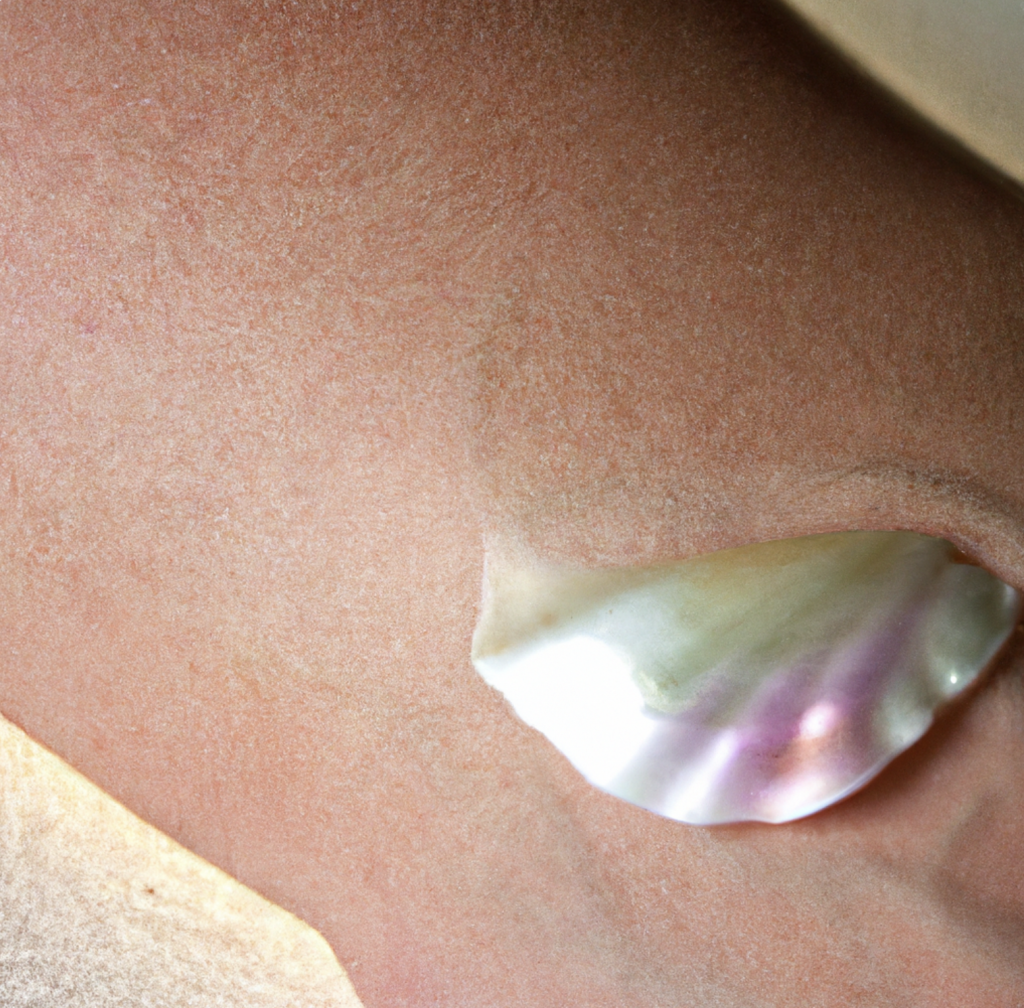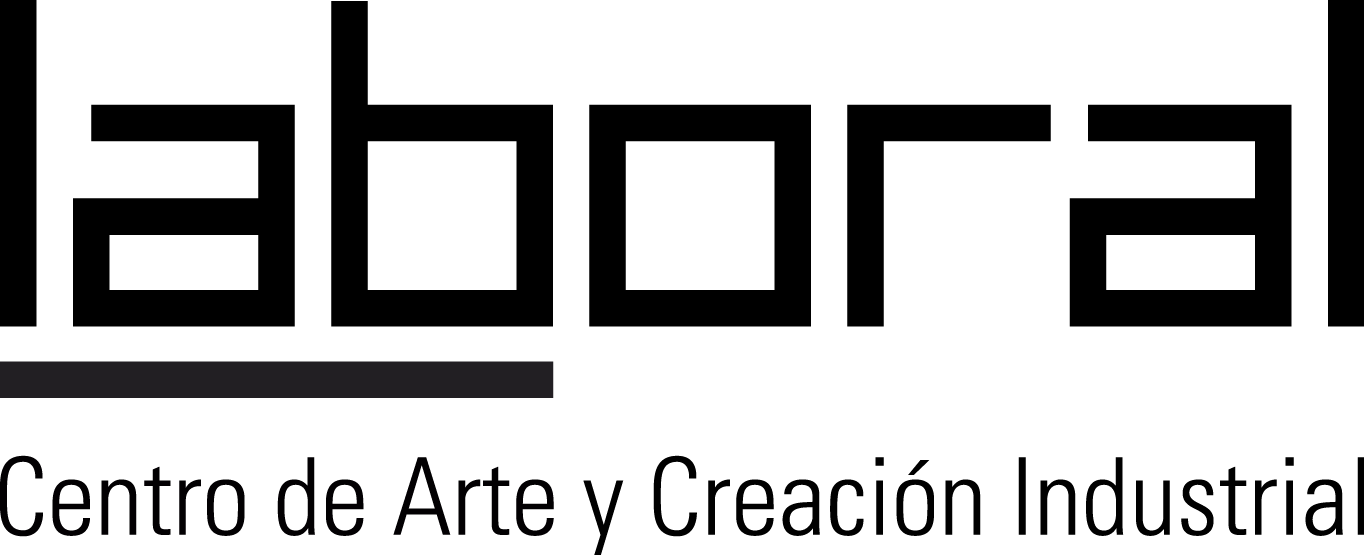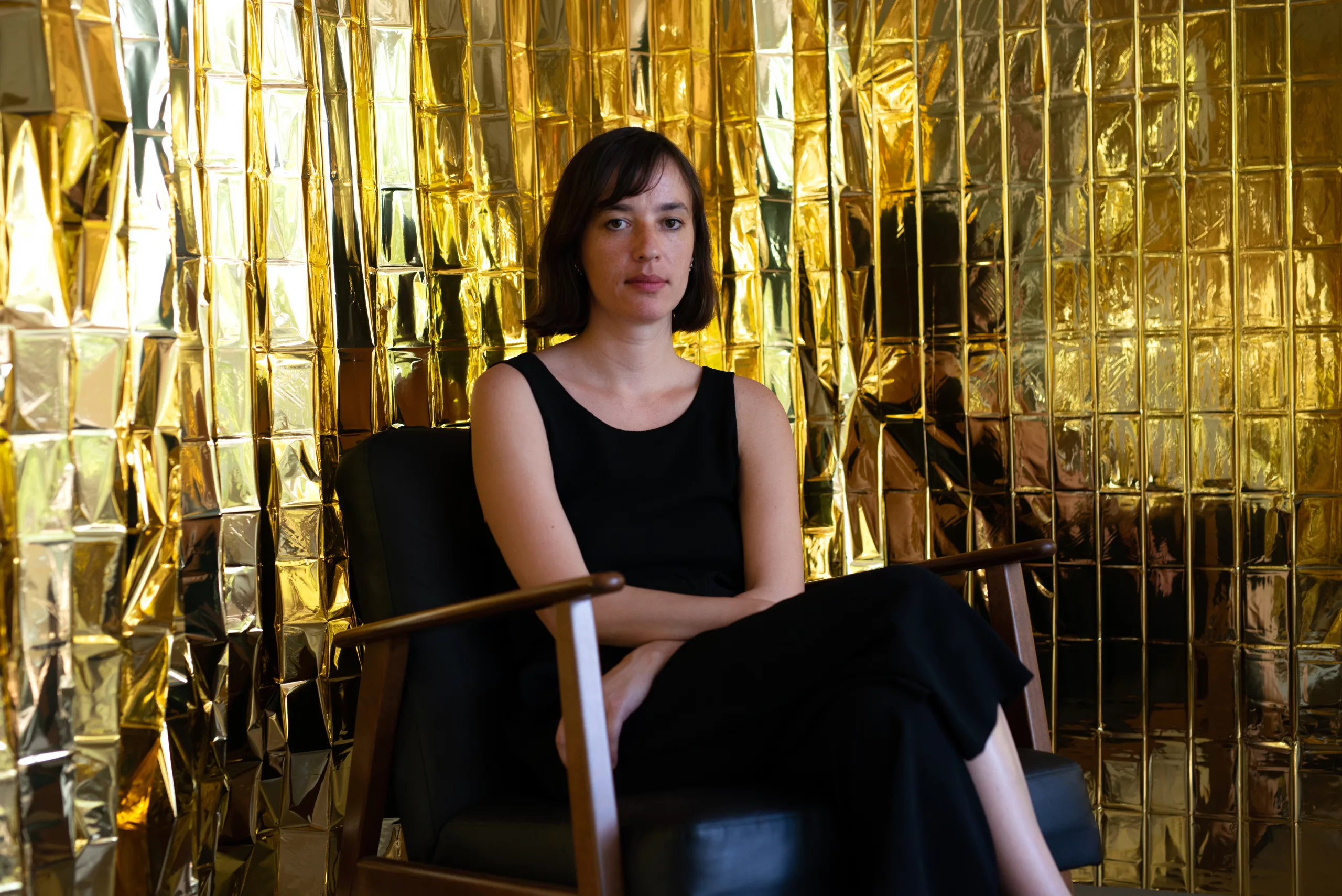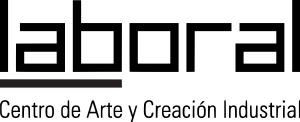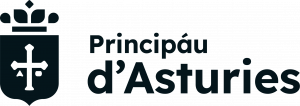Joana Carro
1 April 2024 – 31 July 2024
Joana Carro (Lisbon, 1988) develops her practice through the intersection between writing, film, visual arts, gastronomy, apnea, publishing and design. Her interdisciplinary practice focuses on experimentation with media and its limits. She is interested in the mixture of art and life, often moving through unconventional contexts of production.
She holds an undergraduate degree in Audiovisual Communication and in Theory of Literature and Comparative Literature (U. Complutense, 2011, 2012) and a master’s degree in Contemporary Culture (Fundación Ortega y Gasset, 2013). She co-directs the Fulgencio Pimentel publishing project and has curated the Libros Mutantes Madrid Art Book Fair (La Casa Encendida, 2018-2020), among other cultural events. He has translated more than thirty books and has co-written, with César Sánchez, El libro del futuro (2018), an artifact-capsule of time that was published in Spain, Mexico, Colombia, Ecuador, Peru, France, Italy and South Korea. Her work has been recognized through various awards, including the Gràffica Award, three National Awards from the Spanish Ministry of Culture for the best edited books and the Lázaro Galdiano Award for editorial quality in art books. She has developed her artistic practice in residencies such as Cité Internationale des Arts (Paris) and LABoral Centro de Arte y Creación Industrial (Gijón). She is currently developing her first feature film Me llamo Erik Satie, como todo el mundo, selected for #LAB of the Festival Internacional Novos Cinemas de Pontevedra, in the Meditalents program in Marseille and produced by Esnatu Zinema.
Artist participating in the exhibition Terranautas. Notes for a new world map
Project in residence
Pinctada Radiata: culturing the ruins of the seabed
The project will start from an inter-species mimetic process, exploring the possibilities of a new biomaterial. This highly biocompatible artificial nacre is made from a combination of three elements that can be found in nature: the bacterium Sporosarcina pasteurii, calcium carbonate and urea. From this material, a structure will be designed to function as an artificial reef, stimulating the emergence of diverse species in the ruins of an eroded underwater landscape. In later phases of the project, in a poetic inversion of pearl hunting, the mother-of-pearl will be returned to the depths of the ocean in a single breath.
In parallel, a publication produced in collaboration with researcher Marco Bene and articulated by the drifts of the Pinctada Radiata oyster will explore the pearl farming industry, tracing its development and its links to freediving, unveiling a multi-layered narrative, interweaving art, culture and politics in the underwater realm.
Pinctada Radiata is a species of pearl oyster belonging to the family Pteriidae. It originally inhabited the waters of the Indo-Pacific, but in recent times it was introduced into the Mediterranean by human action: unintentionally after the construction of the Suez Canal; and intentionally, for aquaculture.
Project selected in the 1st Call for Artistic Residencies 2024.
